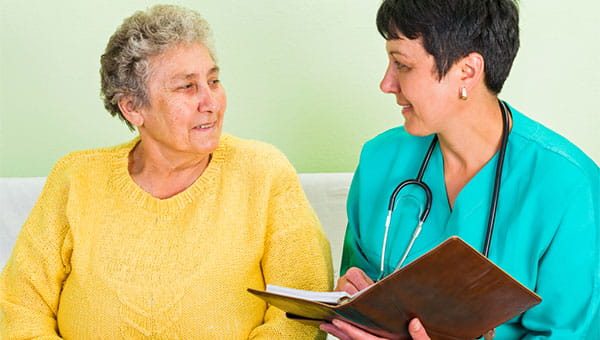Is cancer hereditary? Are you more susceptible to cancer if someone in your family had it? The answer is “Yes.”
It’s important for men and women to learn as much as possible about their family’s cancer history and share that with their doctor. Family medical history and detecting patterns of cancer from both sides of your family can be an important cancer defense.
Your family’s cancer history includes first-degree relatives – father, mother, brothers, sisters – and second-degree family members – grandparents, aunts and uncles. First-degree relatives are important since you share up to 50% of your DNA with them.
Here’s some important things to note when gathering your family’s cancer history:
- Cancer types like colon cancer, breast cancer, and thyroid cancer
- Age at diagnosis
- Whether the cancer was on your mother’s side of the family or your father’s side
- Ethnicity, as some ethnicities are at a greater risk for specific cancers
Collecting your family medical history isn’t easy. Family members may be hesitant or find it difficult to discuss the matter. Some older relatives may have passed away. But, any type of information you can provide your doctor can help. For example, knowing any medical history about your first and second degree relative can be very helpful.
Based on your family history, genetic testing may be considered by your provider. Genetic testing looks for specific genes, chromosomes or protein in your blood, tissue or saliva as captured with a cheek swab.
Genetic testing may also identify disease “carriers,” people who do not have the disease but have a copy of the disease gene.
Although there are no 100% accurate predictors for cancer, utilize your family history knowledge and review your family history with a health care provider to recognize your risk and identify cancer early.
For more information about cancer care services, call (855) 314-8346 or visit BayCareCancer.org.



